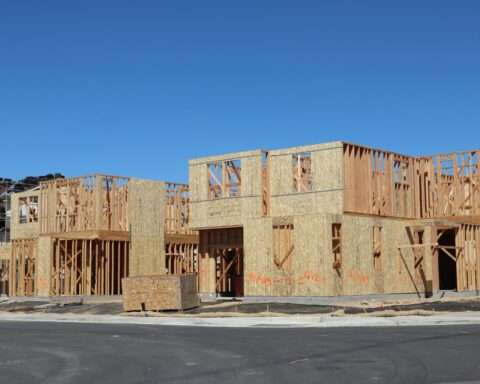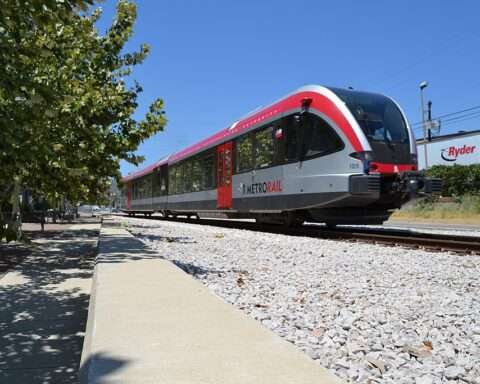The New Jersey Board of Public Utilities (NJBPU) will receive $156.1 million to overcome barriers blocking low-income, disadvantaged multifamily residences and communities from accessing affordable solar energy.
The NJPBU will use the funds to support four key pillars of its Solar for All (SFA) program. Once deployed, the program will provide tens of thousands of households across the state with accessible clean energy. These initiatives will prioritize community solar, multifamily solar, residential solar and technical assistance and workforce development.
Developers will receive funds to install community solar grids in underserved communities, including areas that are considered infeasible due to grid upgrade costs. As part of the program, the NJPBU will launch a pilot program allowing qualifying entities to collaborate with developers to set up subscription models for solar panels.
New Jersey will raise the cap on the total amount of allowed community solar installations through 2027. The state anticipates its residence-serving community solar initiative will provide clean energy to 15,500 households.
The initiative will offer a per-kilowatt incentive, including incentives for on-site energy storage solutions. The state anticipates the program serving approximately 5,500 households.
NJPBU will launch a residential solar pilot program that will help overburdened households own their solar panel system. There are currently 30% fewer residential solar installations in disadvantaged communities. The program is anticipated to reach 1,250 households.
The final pillar of the state’s SFA program centers around the state providing technical assistance and workforce development for underserved communities. The funds will support workforce training programs, customer outreach and interconnection support for electric utilities. The remaining funds will help modernize the grid and increase efficiency.
The EPA’s SFA initiative selected 60 recipients, including states, territories, Tribal governments, municipalities and nonprofits, for awards totaling $7 billion to set up more than 900,000 households across the nation with solar. The program was made possible by the Inflation Reduction Act, which established the EPA’s $27 billion Greenhouse Gas Reduction Fund.
Projects eligible under the EPA program:
- Support residential rooftop and residential-serving community distributed solar projects for low-income and disadvantaged households around the country.
- Must be primarily residential solar projects, providing power and financial benefits to households nationwide.
The EPA partially funded all 60 selected applications the same percentage of their initial funding request. The Wisconsin SFA program will partner with private capital to maximize the EPA funds and establish a sustainable program extending beyond the initial five-year timeline. The EPA will publish more information on the selected applicants once awards are finalized by summer.












